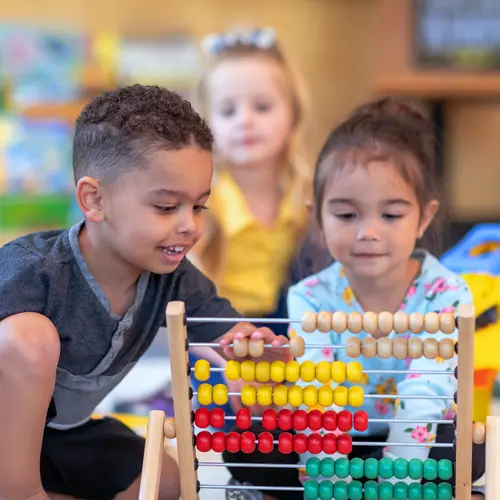Parents often find themselves caught off-guard when their child starts exhibiting behavioral issues. For instance, their child may become disruptive at school or home. Children who show signs of a behavioral disorder may benefit from an evaluation by a mental health professional. They can help determine whether there is an undiagnosed mental health or behavioral disorder driving their actions.
Oppositional Defiant Disorder (ODD). Children with oppositional defiant disorder start continually acting out at school, at home, or with other kids. Most children with ODD start showing symptoms of the behavioral disorder before they're eight years old. Typical signs of ODD include:
- Often getting angry or losing your temper
- Arguing constantly with adults
- Refusing to comply with rules or requests
- Blaming others for your mistakes
- Appearing resentful
- Antagonizing others or becoming easily annoyed by the actions of other people
Conduct Disorder (CD). Conduct disorder is a term that encompasses persistent and emotional behaviors exhibited by children and adolescents. Young people with CD often have trouble respecting others' rights, being empathetic, and following the rules of society. Kids with CD may be described as delinquent or “bad.” They may also show aggression toward people or animals in the following ways:
- Getting into physical fights
- Bullying others
- Stealing from others
- Deliberately harming peers
- Using weapons like a stick or bat against others
- Showing few signs of remorse for their actions
- Destroying property
Attention-Deficit/Hyperactivity Disorder (ADHD). Attention-deficit/hyperactivity disorder causes children to exhibit impulsive behaviors or to be more active than usual. Kids with ADHD often have trouble staying focused on a task, leading to issues at school. Many young people with ADHD continue showing the same symptoms when they become adults. Signs that a child may have ADHD include:
- Constantly daydreaming
- Showing signs of forgetfulness or often losing things
- Constantly talking
- Finding it difficult to get along with others
- Having trouble sitting still (fidgeting)
- Taking needless risks
- Often making mistakes because of carelessness
- Having trouble resisting temptation
Anxiety. Children with anxiety experience persistent fears and worries that don't go away. Kids with anxiety often internalize what they are thinking and feeling, unlike those diagnosed with behavioral problems like ADHD or ODD. Anxiety can stop children from participating in school activities or interacting with family members. Children with anxiety often show symptoms like:
- Being afraid to separate from a parent
- Not wanting to go to school because they don't want to be around people
- Having phobias tied to specific objects or situations like animals or going to the doctor
- Always worrying about something terrible happening
- Experiencing panic attacks
Depression. Most people have periods when they feel sad. Children with depression don't get over their feelings within a few days or even a few weeks. They may find themselves having trouble enjoying what used to be their favorite activities or feel that their situation is hopeless. Other signs that a child might have depression include:
- Sleeping too much or not sleeping enough
- Having little energy or being sluggish
- Changes in eating habits
- Not wanting to participate in activities
- Having trouble paying attention to what’s happening around them
- Constant feelings of guilt or uselessness
- Self-harming behavior
Post-Traumatic Stress Disorder (PTSD). Children who go through or witness a traumatic or stressful event often experience emotional aftereffects. These can lead to long-term symptoms of post-traumatic stress disorder, including:
- Constantly replaying the event in their mind
- Sleeping problems and nightmares
- Becoming triggered by anything that reminds them of that experience
- Inability to be happy
- Becoming angry and annoyed
- Refusing to acknowledge the events
- Appearing emotionally numb
- Avoiding people or places that might remind them of the event
Treating Behavioral Problems in Children
Early treatment is essential to helping children recover from mental and behavioral disorders. The goal is not to let those issues carry over into adulthood and lead to more severe consequences. Having them talk with a health provider who can get them to open up about what they're going through is an excellent first step.
The doctor may recommend that your child receive a complete mental and medical evaluation to rule out an underlying physical illness or disease. From there, they can make a diagnosis of what is causing your child’s behavior. Once they understand the core problem, your doctor can start working on a treatment plan.
Behavioral therapy can be beneficial for children with various behavioral problems. Parents can also benefit from getting treatment to learn more effective parenting techniques to help their child and strengthen their parent-child relationship.


